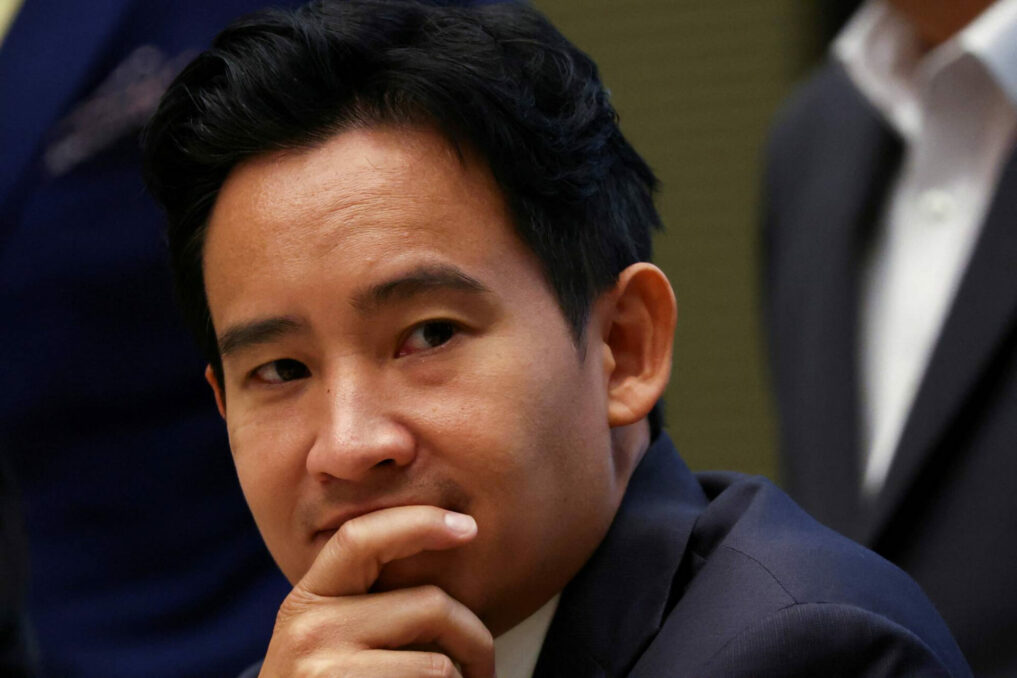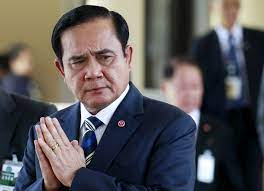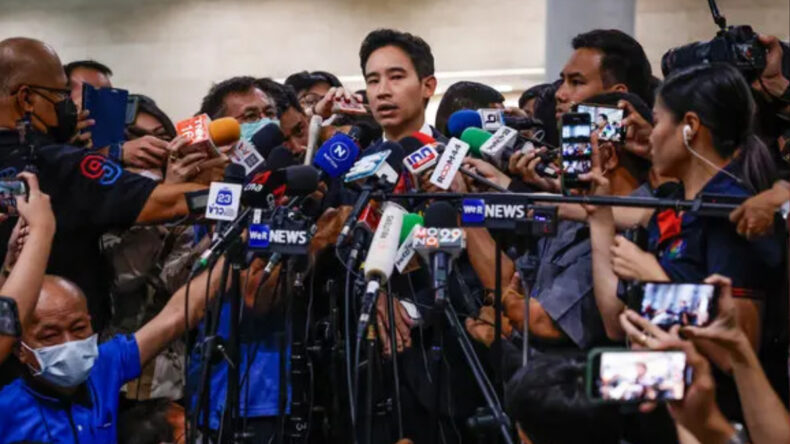Table of Contents
Recent Developments
Pita Limjaroenrat, the leader of Thailand‘s Move Forward party, failed in his initial bid to become the country’s next prime minister. In a parliamentary vote, he struggled to gather the required support from the bicameral parliament, despite the backing of his eight-party alliance.
Another vote is expected to take place next week, giving Pita another opportunity to contest if nominated again. The election results in May showed a clear rejection of the pro-military parties, with Move Forward and its ally Pheu Thai emerging as winners. Thursday’s vote tested Pita’s political influence and revealed opposition to his party’s anti-establishment agenda, which includes military reform, curbing business monopolies, and amending laws regarding insults to the monarchy.

Pita faced additional challenges with two legal complaints gaining traction, including a recommendation to disqualify him. Despite his popularity among the youth and in Bangkok, Pita needed support from the conservative-leaning Senate, which was appointed by the military after the 2014 coup.
Thailand elections
Pita, the reformist winner of Thailand’s elections, had been nominated for prime minister. He emerged victorious in May, representing a rejection of conservative military rule that had been in place since a 2014 coup. However, Pita required the support of lawmakers who were selected by the same military leaders to secure a majority to become the prime minister, which he failed to attain. He faced legal challenges that could disqualify him, although he denied any wrongdoing.
His alliance currently has 312 votes, 64 votes short of the 376 required for prime ministerial election. Despite the obstacles, Pita was confident and determined to address doubts and obstacles to his government. The Constitutional Court had accepted a recommendation to disqualify him, citing complaints including his ownership of shares in a dormant media company and Move Forward’s proposal to amend the lese majeste laws. The court’s deliberation timeline is unclear, but it’s worth noting that Pita couldhave still became prime minister even if removed from parliament according to Thailand’s laws.

Pita, a Harvard graduate and former tech executive, has rallied his supporters and pledged to bring an end to corruption and military uprisings in the country. He aims to reform and democratize Thailand by challenging strict enforcement of the lese majeste laws, despite the monarchy’s revered status among Thais.
Reason for loss
The leader of Thailand’s progressive Move Forward party, had failed to secure enough support to become the country’s next prime minister. Despite his party winning the most votes in the general election, Pita fell short of the required backing from Thailand’s bicameral legislature. His eight-party alliance controls 312 seats in the lower house, but needed support from the conservative-leaning upper house, which was appointed by the military after the 2014 coup. Pita received 323 votes, including 13 from senators, but faced opposition from many legislators who disagreed with Move Forward’s anti-establishment agenda, particularly their plan to amend the law against insulting the monarchy.

The defeat raises concerns of renewed political instability in a country that has experienced numerous military coups.. Pita defended himself in parliament and called for respect for the people’s will. The House speaker will now schedule second and third sessions until a prime minister is selected, potentially leading to weeks of deadlock and economic uncertainty. Pita’s alliance must decide whether to support him in the upcoming vote or put forward another candidate, posing a challenge to their unity in forming the next government.

Pita Limjaroenrat, the leader of Thailand’s Move Forward party, failed in his initial bid to become the country’s next prime minister. In a parliamentary vote, he struggled to gather the required support from the bicameral parliament, despite the backing of his eight-party alliance. Another vote is expected to take place next week, giving Pita another opportunity to contest if nominated again.. Thursday’s vote tested Pita’s political influence and revealed opposition to his party’s anti-establishment agenda, which includes military reform, curbing business monopolies, and amending laws regarding insults to the monarchy.












